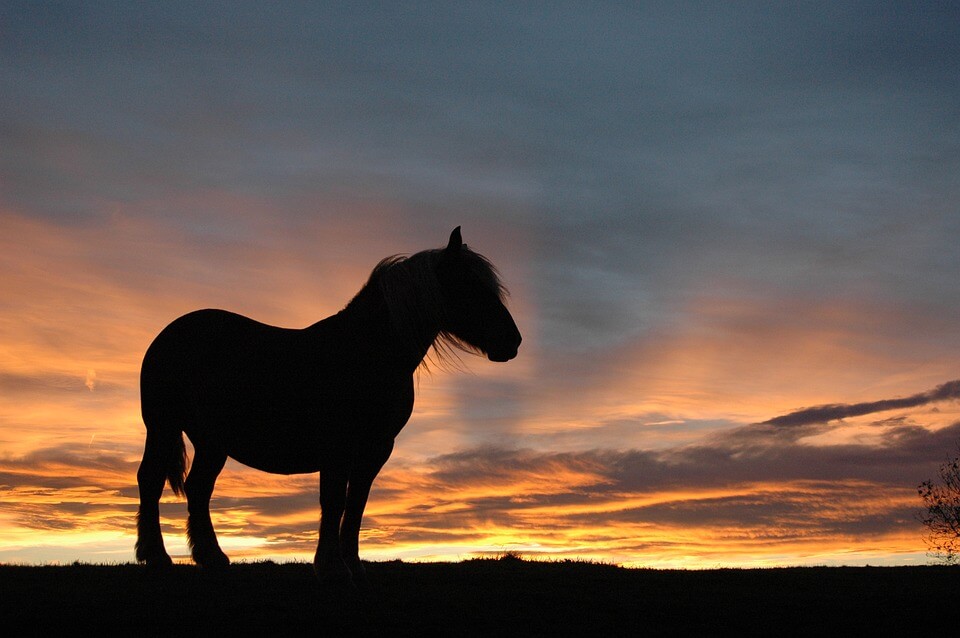 Advancing in Poetry
Advancing in Poetry
Advancing in Poetry
Advancing in Poetry

 Advancing in Poetry
Advancing in Poetry
Advancing in Poetry
Advancing in Poetry

Study the poem for one week.
Over the week:


Activity 1: Recite Poem Information
Recite the title of the poem and the name of the poet.
Activity 2: Study the Poem Picture
Study the poem picture and describe how it relates to the poem.

Activity 3: Recite the Poem
Practice reciting the poem aloud.
Activity 4: Complete Book Activities
